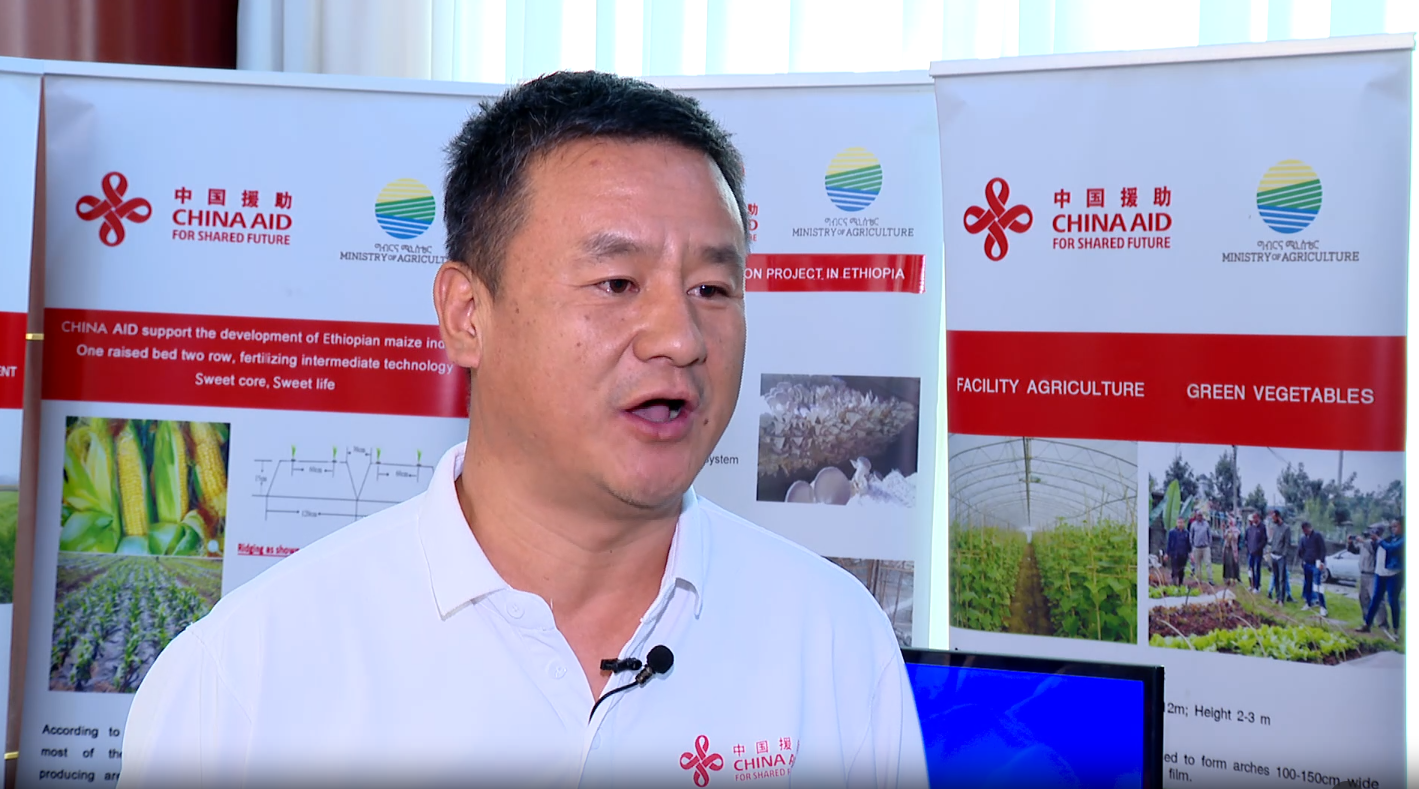
China-Ethiopia Agricultural Collaboration Boosts Modernization and Shared Prosperity
A major agricultural partnership between China and Ethiopia is driving significant changes in Ethiopia's farming industry, creating new opportunities for mutual growth and development. According to a prominent Chinese expert, this collaboration is not only modernizing the agricultural sector but also laying the foundation for long-term prosperity.
Wen Liming, an expert in veterinary science and dairy production, emphasized that this initiative reflects the core values of the 2024 Beijing Forum on China-Africa Cooperation, which focuses on shared growth and sustainable development. He explained that the China-Ethiopia Agricultural Cooperation Poverty Reduction Demonstration Village in Godino, Adea District, serves as a model for how international cooperation can lead to meaningful progress.
The project goes beyond technical support, involving close collaboration with local communities to ensure that the benefits of modern agricultural practices are felt at the grassroots level. Over the past nine months, a team of eight Chinese experts has been working in the Oromia Region to improve agricultural methods. Their efforts include mushroom cultivation, fruit and vegetable farming, and livestock management. In addition, they provide hands-on assistance through mechanized plowing, artificial insemination, and the distribution of high-quality seeds and fertilizers.
The success of the Godino demonstration project highlights effective agricultural techniques, strong community involvement, and the empowerment of women. This initiative demonstrates how targeted investments in agriculture can lead to tangible improvements in food security and rural livelihoods.
Wen Liming noted that China is expanding its agricultural partnerships across Africa, driven by a commitment to supporting sustainable development. This includes providing essential tools such as tractors, seedling machines, and milking equipment to various demonstration sites throughout Ethiopia. These resources help farmers increase productivity and adopt more efficient farming methods.
Drawing from China’s own experience, Wen highlighted that the country achieved remarkable agricultural growth by integrating traditional knowledge with modern technology. He pointed out that Ethiopia, like China, has unique advantages, including vast areas of cultivable land, abundant water resources, and a young, dynamic population. These factors position Ethiopia well for future agricultural development.
Beyond aid, the collaboration includes trade initiatives that benefit both nations. China offers zero-tariff treatment for Ethiopian agricultural exports, enabling the sale of key products such as coffee, avocados, beef, and honey. This policy aims to expand market access and increase revenue for Ethiopian farmers, strengthening economic ties between the two countries.
Wen expressed hope that the partnership would inspire greater participation from both communities and investors in advancing agricultural modernization in Ethiopia. He emphasized that China is open to receiving high-quality agricultural products from Ethiopia and other African nations, offering tariff-free trade opportunities to promote regional economic growth.
This collaboration exemplifies the potential of international partnerships in driving agricultural innovation, knowledge sharing, and sustainable development. By combining expertise, resources, and market access, China and Ethiopia are setting a powerful example of how cooperation can lead to food security and economic progress for the broader region.
Post a Comment